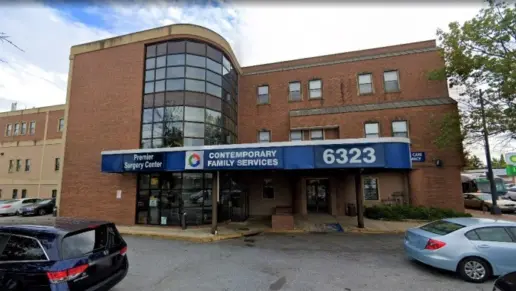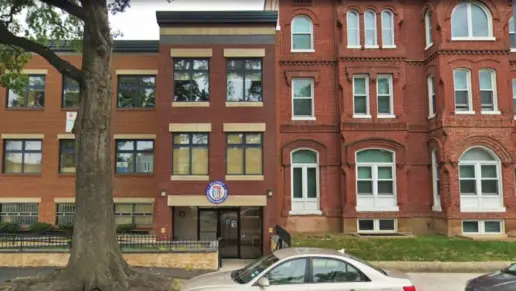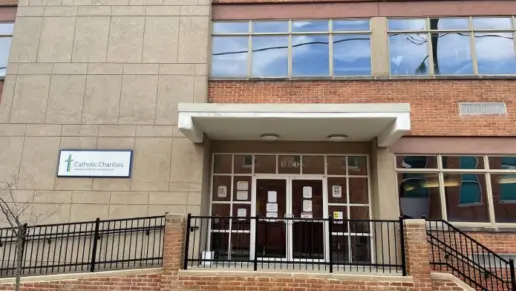About The Better Way Program
Located in sunny Miami, Florida is the drug recovery and rehabilitation facility, Better Way of Miami. This is an organization that works with men and women who are struggling with substance use or have a co occurring mental health disorder. They have dedicated programs here that will help motivate and empower you with the skills you need to lead a sober and healthy life.
You’ll find a continuum of services here through their residential treatment and outpatient care. Both programs are equipped to work with individuals who have a dual diagnosis.
Past clients appreciate how incredibly supportive this staff here is. There’s a person focused approach to care and this has helped make a difference in the lives of the people who received services here.
There isn’t stigmatized care, and because this is a more intimate recovery facility, you get the opportunity to build meaningful relationships with your care team and others who are navigating recovery.
Their services are comprehensive and include support for legal issues you might be facing and overall health issues like an HIV diagnosis. You’ll get connected to the support you need so that you can overcome the challenges you’re facing while building resilience and general recovery skills.
You’ll get the chance to take control of your life and you’ll be able to do this through employment assistant programs and different community resources you’ll get connected to. While their services are rooted in evidence based practices like cognitive therapy and counseling, you also get to build essential life skills so that you can lead an independent lifestyle.
Their personable approach is truly the “it factor” that helps define this organization. Plus, it helps that you’ll be receiving care in one of the most beautiful and lively coastal communities in south Florida.
Rehab Score
Gallery
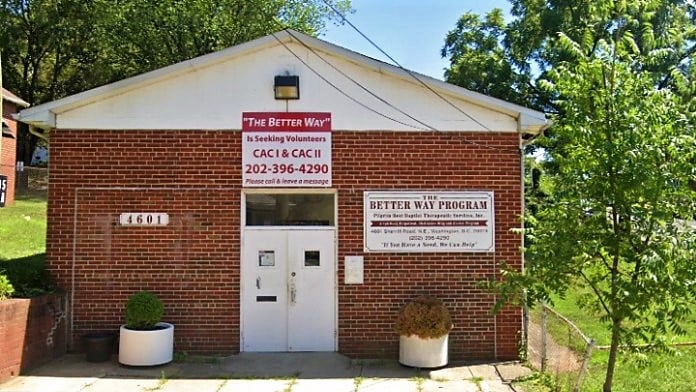
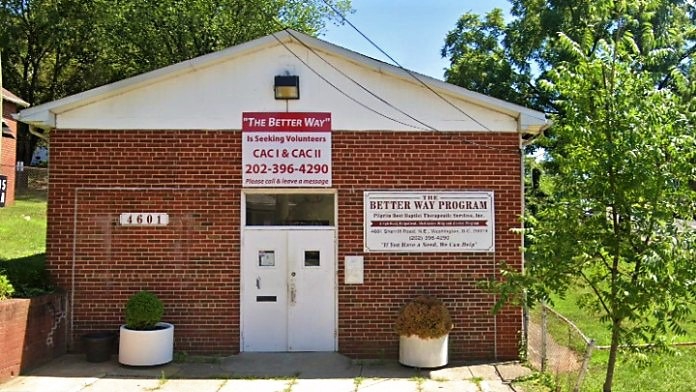
Location
Other Forms of Payment
Private insurance refers to any kind of healthcare coverage that isn't from the state or federal government. This includes individual and family plans offered by an employer or purchased from the Insurance Marketplace. Every plan will have different requirements and out of pocket costs so be sure to get the full details before you start treatment.
Self-pay involves paying for treatment out of your own pocket. You can use savings or credit, get a personal loan, or receive help from family and friends to fund your treatment. If you don't have insurance or your insurance plan doesn't cover a specific program, self-pay can help ensure you still get the care you need.
Financial aid can take many forms. Centers may have grants or scholarships available to clients who meet eligibility requirements. Programs that receive SAMHSA grants may have financial aid available for those who need treatment as well. Grants and scholarships can help you pai for treatment without having to repay.
Medicare is a federal program that provides health insurance for those 65 and older. It also serves people under 65 with chronic and disabling health challenges. To use Medicare for addiction treatment you need to find a program that accepts Medicare and is in network with your plan. Out of pocket costs and preauthorization requirements vary, so always check with your provider.
Military members, veterans, and eligible dependents have access to specific insurance programs that help them get the care they need. TRICARE and VA insurance can help you access low cost or no cost addiction and mental health treatment. Programs that accept military insurance often have targeted treatment focused on the unique challenges military members, veterans, and their families face.
Medicaid is a state based program that helps lower-income individuals and families pay for healthcare. Medicaid covers addiction treatment so those enrolled can use their coverage to pay for rehab. When a program accepts Medicaid the client often pays very little or nothing out of their own pocket.
Addiction Treatments
Levels of Care
Treatments
The goal of treatment for alcoholism is abstinence. Those with poor social support, poor motivation, or psychiatric disorders tend to relapse within a few years of treatment. For these people, success is measured by longer periods of abstinence, reduced use of alcohol, better health, and improved social functioning. Recovery and Maintenance are usually based on 12 step programs and AA meetings.
It is possible to develop an addiction to legal or illegal substances. Fortunately, drug rehab programs in Washington, DC are available to treat all types of drug addiction. If you have become physically or psychologically dependent on any substance (addicted), this type of professional treatment program can help you break free.
Opioid rehabs specialize in supporting those recovering from opioid addiction. They treat those suffering from addiction to illegal opioids like heroin, as well as prescription drugs like oxycodone. These centers typically combine both physical as well as mental and emotional support to help stop addiction. Physical support often includes medical detox and subsequent medical support (including medication), and mental support includes in-depth therapy to address the underlying causes of addiction.
Substance rehabs focus on helping individuals recover from substance abuse, including alcohol and drug addiction (both illegal and prescription drugs). They often include the opportunity to engage in both individual as well as group therapy.
Programs




Clinical Services
Group therapy is any therapeutic work that happens in a group (not one-on-one). There are a number of different group therapy modalities, including support groups, experiential therapy, psycho-education, and more. Group therapy involves treatment as well as processing interaction between group members.
Personalized individual therapy for drug and alcohol addiction treatment is tailored to your unique circumstances. Along with your therapist, you explore the underlying causes of addiction so that together you can develop effective strategies to manage your cravings, improve your mental health, and achieve long term recovery.
Motivational interviewing in Washington, DC is a guided style of communication designed to empower you to change. It strikes a balance between listening and directing and features a respectful and curious tone that encourages you to change while respecting your autonomy.
Trauma therapy addresses traumatic incidents from a client's past that are likely affecting their present-day experience. Trauma is often one of the primary triggers and potential causes of addiction, and can stem from child sexual abuse, domestic violence, having a parent with a mental illness, losing one or both parents at a young age, teenage or adult sexual assault, or any number of other factors. The purpose of trauma therapy is to allow a patient to process trauma and move through and past it, with the help of trained and compassionate mental health professionals.
An advantage of couples therapy in Washington DC is that it is available in a variety of formats with different techniques. Common approaches include cognitive behavioral therapy and emotionally focused therapy. If you find that one type isn't getting the results you need, you can try a different therapist or ask your therapist to integrate a different approach.
During family therapy, members learn to rebuild and strengthen relationships that have been affected by addiction. The goal is to empower families to support their loved one's recovery while setting healthy boundaries and caring for themselves.
An important part of relapse prevention is the development of life skills. Typically referred to as "life skills training," this aspect of rehab treatment in Washington, DC allows you to relearn daily skills that are often lost to addiction. These may include coping strategies, self care, and interpersonal skills.
Accreditations

The Commission on Accreditation of Rehabilitation Facilities (CARF) is a non-profit organization that specifically accredits rehab organizations. Founded in 1966, CARF's, mission is to help service providers like rehab facilities maintain high standards of care.
CARF Accreditation: Yes

State Licenses are permits issued by government agencies that allow rehab organizations to conduct business legally within a certain geographical area. Typically, the kind of program a rehab facility offers, along with its physical location, determines which licenses are required to operate legally.
State License: Washington, D.C.
Contact Information
4601 Sheriff Road Ne
Washington DC, 20019
